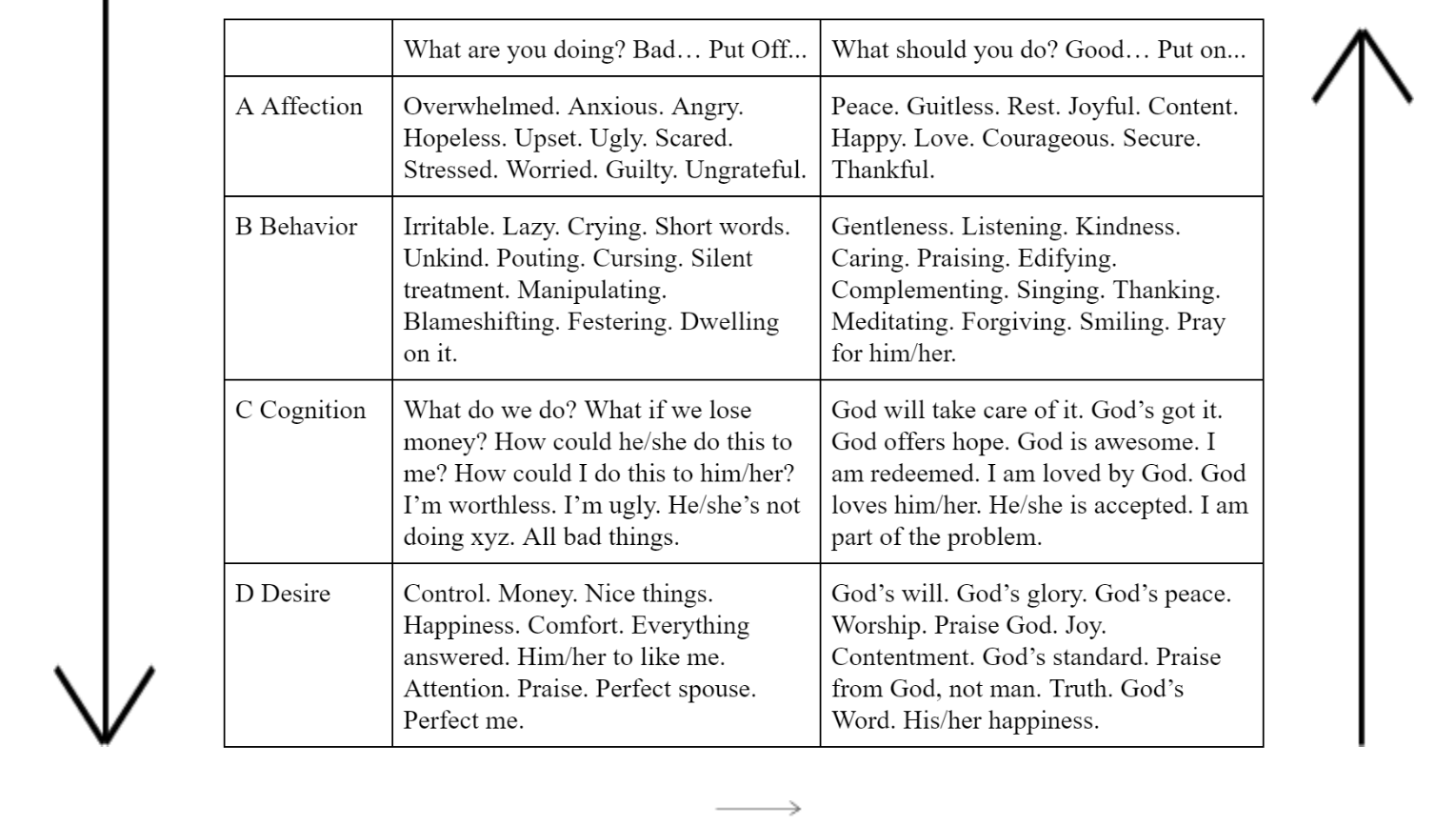Are your Children Influenced by the World or by Christ? | True Worldview Ep. 69
We’re Shaped by What We Hear
We’re shaped by what we hear -- by the things with which we fill our minds. People in the communication business know that very well. Their goal is to influence thinking and thereby behavior. We see it in advertising. Why is it that certain brands become popular and others do not? The answer is market saturation.
Think about those with political or moral agendas. There’s no doubt that Americans in general think very differently about homosexuality than they did twenty years ago. The more one sees famous people embracing same-sex attraction or bi-sexuality; the more television shows that have homosexual characters; or the more same-sex love scenes one views whether graphic or not; the more desensitized we become and the more homosexuality is embraced as a normal orientation for some.
We’re all more or less influenced depending how much we take in vs. how much we counteract such messaging by filling our minds with godly things. It’s inevitable.
Think About your Children
Think about your children. They are not isolated from the world’s propaganda. You’d be surprised how much they see, hear, and even talk about, depending upon their age, of course. Yet, if your kids have friends, or go to school, or are involved in some kind of extracurricular activity, they’ve already been exposed to more than you can imagine, even if they’re only eight or nine years old.
Their schoolmate shows them their dad’s magazine; their friend’s older brother smokes marijuana; the neighbor likes to talk about sexual things; they’ve heard about the latest Youtube video; and they’ve inadvertently come across objectionable material on the internet. If they’re just a little older, they or their friends are into Instagram, Snapchat, TicToc, and a host of other social media platforms of which parents are unaware.
Don’t Assume your Kids are the Exception
You can’t assume your children are the exceptions when it comes to the world’s messaging. They might be great kids! They might be born again. But they’re exposed whether through radio, Spotify, teachers, coaches, or even kids at church.
To assume such is to underestimate the reach and influence of the world, something God warns us about. It fails to take into account the reality of Satan and his sole mission: to seek those whom he may devour. And frankly, it’s to discount the flesh -- the fact that your children are sinners. They’re either dead in sin, or they must battle their flesh even as born-again believers.
You don’t need to think less of them when you come to grips with the struggles they have. Every single one of us struggles with sin, including mature Christians. We might have learned to fight better, and we might have defeated certain temptations, but the flesh still wars against the Spirit. And there’s no way your kids have the experience or the tools that you have to fight that at this point in their lives.
What Can We Do?
Now, you can make sure they’re never exposed to objectionable things or people. You can keep them from the outside world. Or, you can cast off all restraint, and let them do whatever they want. After all, they’re responsible for the choices they make, right? But you know neither of those options is any option at all.
You can do what most parents do. You can send your kids to church, say a little prayer at meal-time, and hope it all works out. But to do that is really only slightly better than throwing off all restraint. You’d be essentially burying your head in the sand. None of these options are viable. What can you do then?
God’s Answer: Fill their Minds with Truth
God’s answer is filling their minds with truth, constantly and regularly. It’s putting more of Him into them than the world puts into them. Our minds have to be renewed day by day by day by day. That’s why Paul says so more than once for example. “Do not be conformed to the world, but be transformed by the renewing of your mind” (Rom. 12:2). “Be renewed in the spirit of your mind” (Eph. 4:23). You are to be “renewed in knowledge according” to the image of God (Col. 3:10).
We’re told over and over again that it’s the word that God uses to save and sanctify (Rom. 1:16; 1 Thes. 2:13; Jas. 1:18; Jn. 17:17). We hide God’s word in our hearts that we might not sin against Him (Ps. 119:11). It’s the word of God that keeps us from stumbling (Ps. 119:165). I could go on.
Perhaps the most comprehensive text with particular reference to children is in Deut. 6: “And these words which I command you today shall be in your heart. You shall teach them diligently to your children, and shall talk of them when you sit in your house, when you walk by the way, when you lie down, and when you rise up. You shall bind them as a sign on your hand, and they shall be as frontlets between your eyes. You shall write them on the doorposts of your house and on your gates.”
That’s what you can do. You can fill your children’s minds with truth when you’re at home, when you’re on the way to school, before you go to bed, when you get up, when you’re at the table, when things come up, in the midst of difficulty, on special occasions, and so much more.
Fill their minds with God’s word and their minds will be renewed, that is, they’ll be made like new, and the things of the world will have little influence.







































































